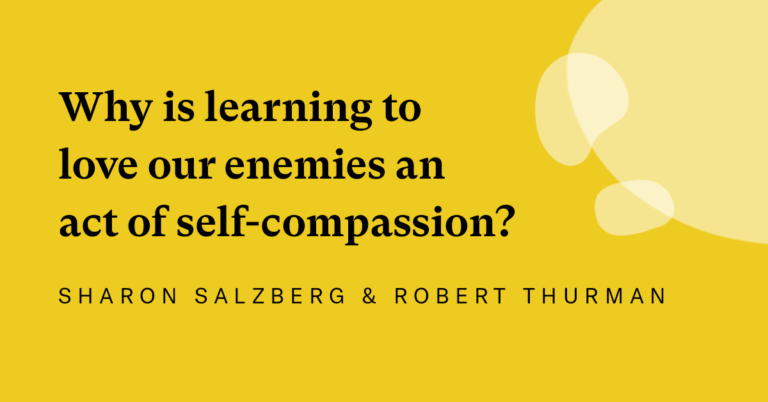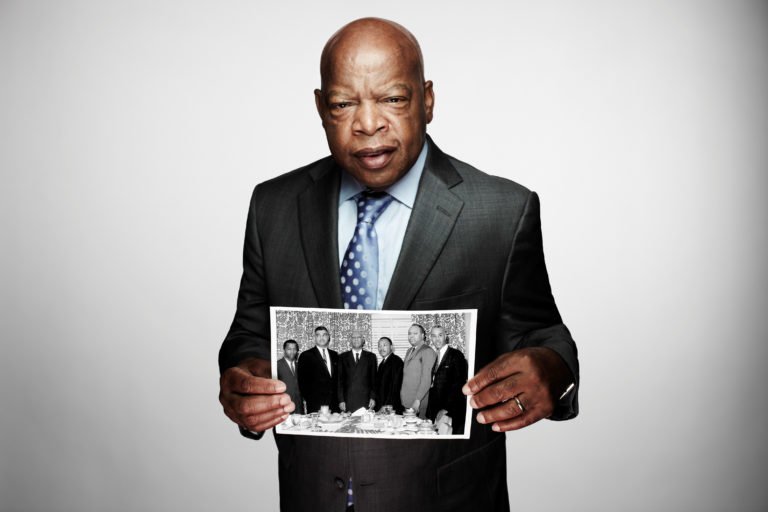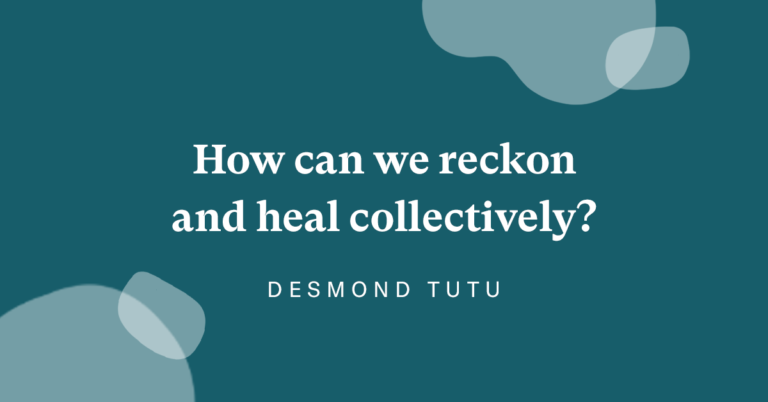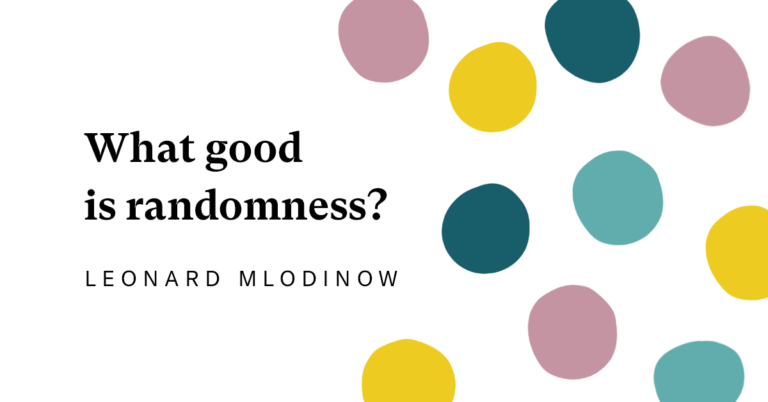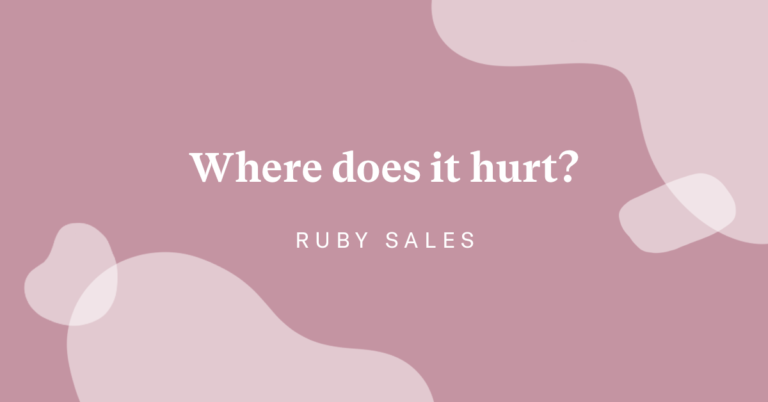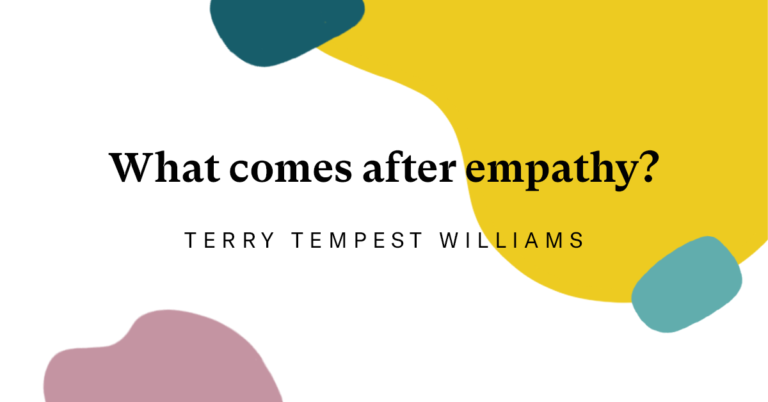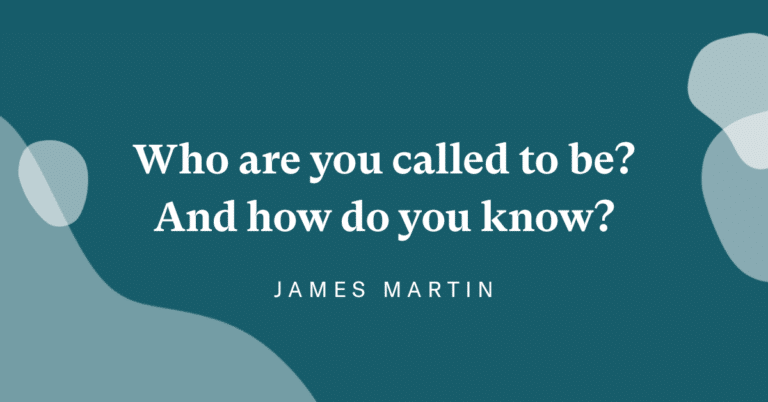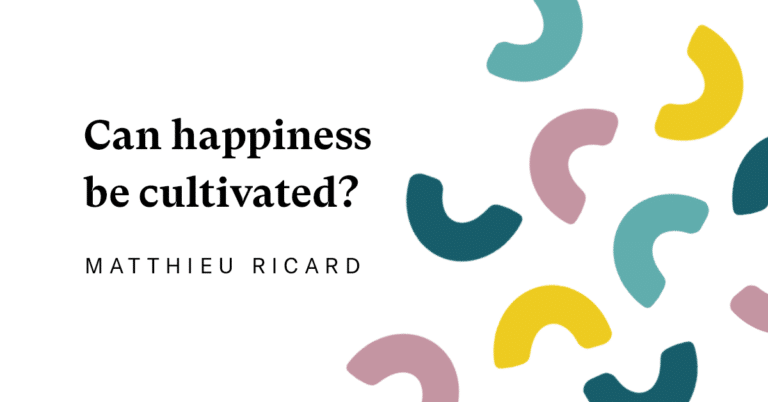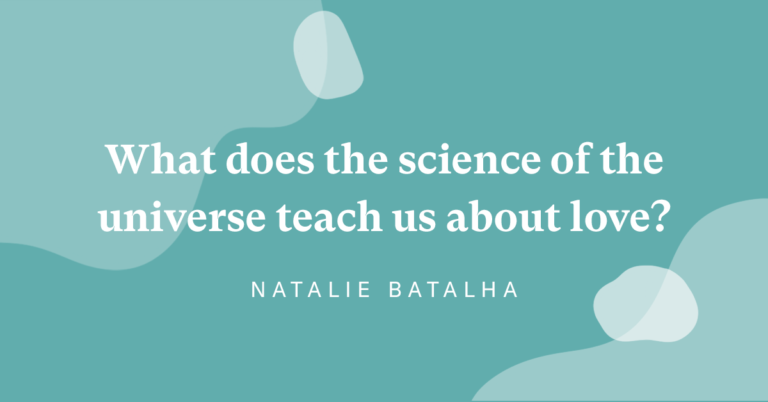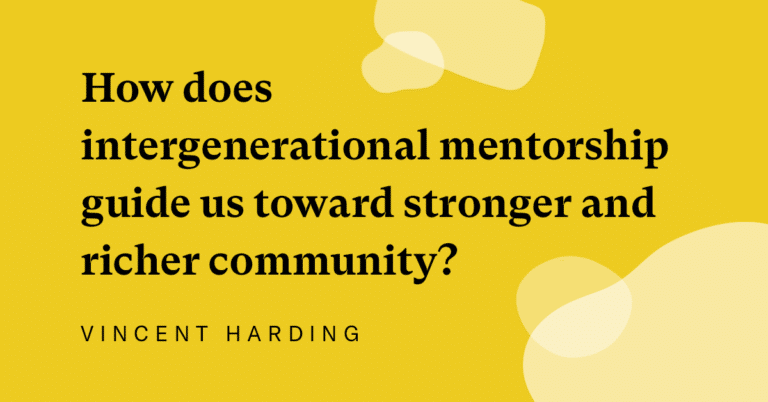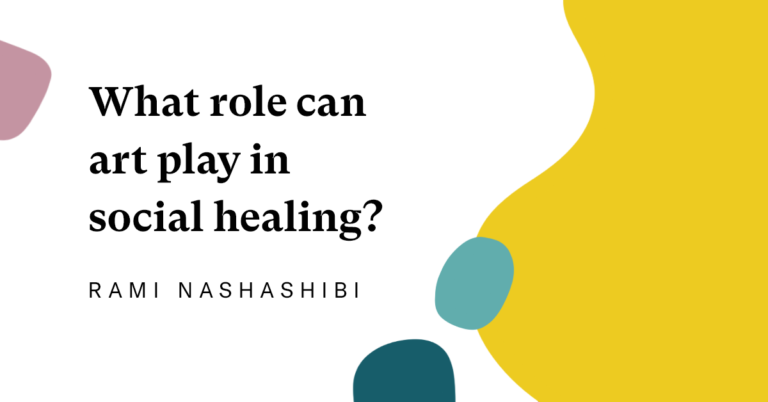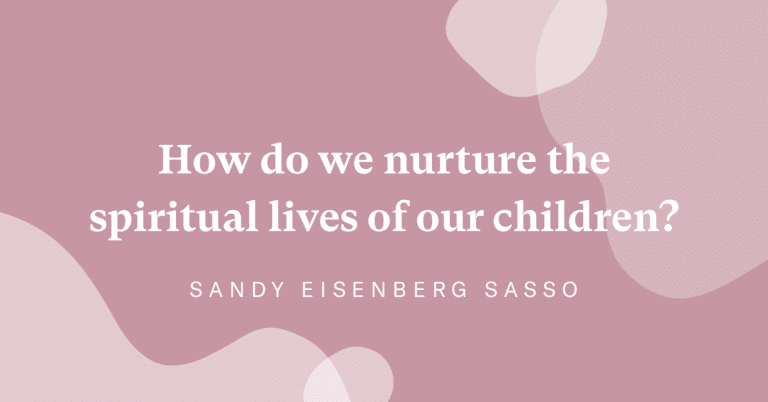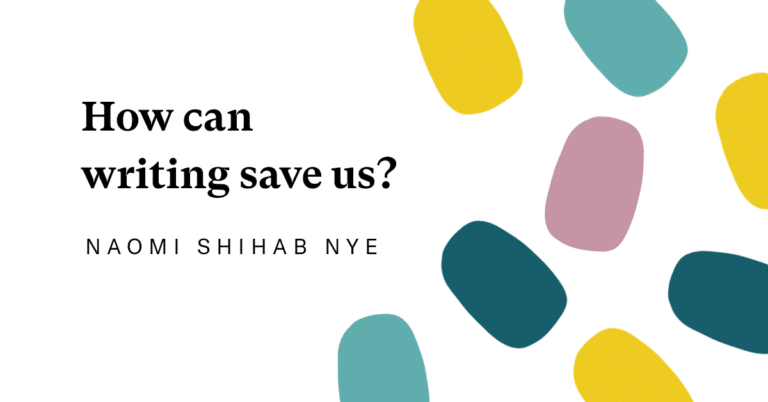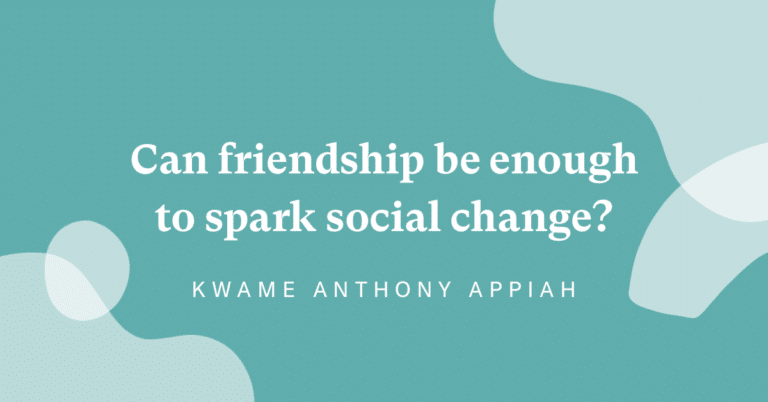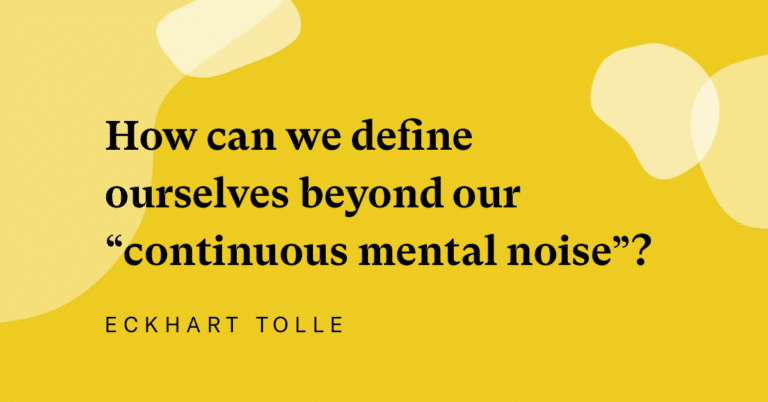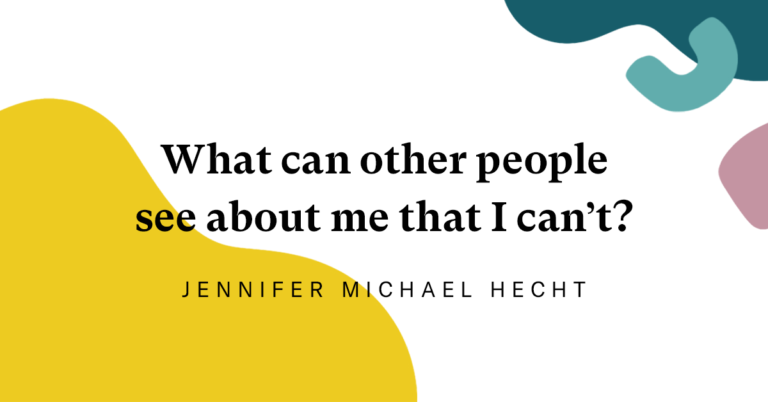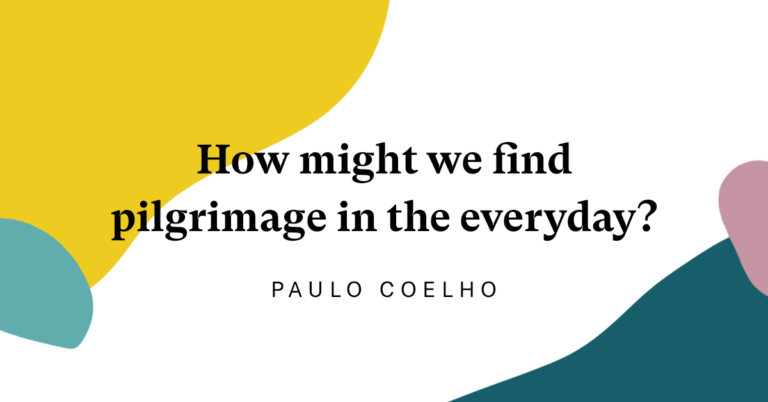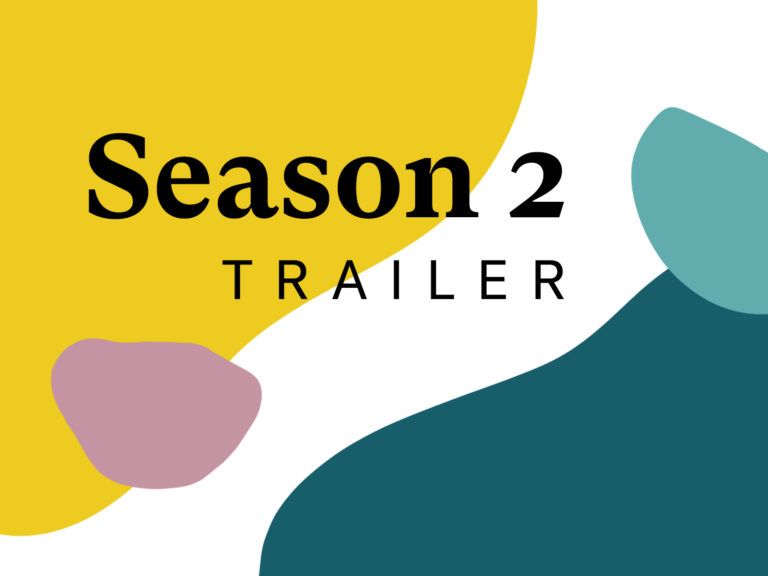The last episode of season two. Robert Thurman and Sharon Salzberg are icons of American Buddhism, and they are joyful, longtime friends. They challenge us to reframe our anger by seeing love for our enemies as an act of self-compassion. “It’s very hard to see love as a force, as a power rather than as a weakness, but that is its reality,” Salzberg says.
Becoming Wise
Depth and discovery in the time it takes to make a cup of tea. Each episode is curated from hundreds of Krista Tippett’s big conversations with wise and graceful lives. Reset your day. Replenish your sense of yourself and the world.
Latest
Hope is a function of struggle.
Brené Brown
July 5, 2016
John Lewis
We Are the Beloved Community
“I discovered that you have to have this sense of faith that what you’re moving toward is already done.” Civil rights leader John Lewis on living as if the “beloved community” were already our reality.
View
- List View
- Standard View
- Grid View
36 Results
The last episode of season two. Robert Thurman and Sharon Salzberg are icons of American Buddhism, and they are joyful, longtime friends. They challenge us to reframe our anger by seeing love for our enemies as an act of self-compassion. “It’s very hard to see love as a force, as a power rather than as a weakness, but that is its reality,” Salzberg says.
July 1, 2019
Desmond Tutu
Healing Through Story
Archbishop Desmond Tutu is one of our wisest models on the territory of reckoning with past wrongs that infuse and haunt the present. In the 1990s, he helped galvanize South Africa’s peaceful transition to democracy after decades of white supremacy as the law of the land. He tells a story of how healing and human redemption unfold from his time chairing the Truth and Reconciliation Commission, which granted amnesty to those who would fully confess their crimes. “Human beings can leave you speechless, really. They can leave you speechless by the horrible things they do, but they also leave you speechless with the incredible things,” he says.
June 24, 2019
Leonard Mlodinow
The Daily Opportunity in Randomness
The physicist Leonard Mlodinow changes how we think about the agency we have in shaping our own destinies. As a scientist, he works with principles like Brownian motion, by which Einstein helped verify the existence of molecules and atoms. As the child of Holocaust survivors, he dances with the experience we all have: that life never goes as planned, and yet the choices we make can matter. “The course of your life depends on how you react to opportunities and challenges that randomness presents to you,” he says.
June 17, 2019
Ruby Sales
The Inner Life of Social Change
Public theologian Ruby Sales opens up what it was like to be a teenage participant in the civil rights movement — including the impatience she had with religion and how she circled back, through her experiences of the movement, to a sense of the deep reason for inner life and religious groundings. The question she carries with her, “Where does it hurt?”, models new ways for us to understand one another.
June 10, 2019
Terry Tempest Williams
Empathy Rooted in Action
Naturalist Terry Tempest Williams brings meaning and direction to the grief around ecological loss and climate change. She’s a self-described “citizen writer” rooted in the American West, and she draws connections between fierce love and hard work — both in the natural world and the human world. “It all comes down to relationships, to place, to paying attention, to staying, to listening, to learning — of a heightened curiosity with other,” Williams says.
June 3, 2019
James Martin
Who We’re Called to Become
Father James Martin is a beloved Jesuit writer and teacher who says desire is not selfish, but rather a path to understanding our callings in life. He believes everyone has a vocation we can find by asking: What moves me? “We all have an image of the person we want to become — more loving, more open, more free. That’s a call,” he says.
May 27, 2019
Matthieu Ricard
Happiness Is Practice, Not Pleasure
Matthieu Ricard is helping us redefine happiness in a culture convinced that it’s a passive experience. The French-born Tibetan Buddhist monk reframes happiness not as pleasure but as practice that requires discipline — akin to marathon training or learning chess. He asks, “What are the inner conditions that foster a genuine sense of flourishing, of fulfillment?”
May 20, 2019
Natalie Batalha
A Planetary Sense of Love
Astronomer Natalie Batalha embodies a planetary sense of what “love” is and means. She says her experience searching the universe for exoplanets — earth-like bodies beyond our solar system that could harbor liquid water and life — fundamentally shifted how she thinks about the human experience on this planet. “You see the expanse of the cosmos, and you realize how small we are and how connected we are,” she says. “And that what’s good for you has to be good for me.”
A civil rights elder and speechwriter for Martin Luther King, Jr., the late Vincent Harding brought the wisdom of the movement to young people in hurting places. He offers the image of a “live human signpost” as a guiding light toward the kind of support and mentorship we can offer one another in the path toward a beloved community. “When it comes to creating a multiracial, multiethnic, multireligious, democratic society, we are still a developing nation,” he says. “But my own deep, deep conviction is that the knowledge, like all knowledge, is available to us if we seek it.”
May 6, 2019
Rami Nashashibi
Art and Justice Work Together
Rami Nashashibi is a champion for how art can make humans visible to each other. He brings a new energy to Islam’s core commitment to beauty and humanity — and to the power of stories to heal and electrify us across geography and generation, culture and faith. He founded the Inner-City Muslim Action Network on Chicago’s South Side, where he also lives with his family. “The arts have become the real factor for us in both humanizing each other’s stories, connecting our stories, and revealing to one another the possibilities of what a better world can look like,” he says.
April 29, 2019
Sandy Eisenberg Sasso
Nurturing Our Children’s Souls
A rabbi and parent, Sandy Eisenberg Sasso wants us to think about how we might teach our children’s souls, not just their minds. She says nurturing the spiritual lives of our children is the work of understanding for ourselves “what really matters in life, what’s precious, what’s more important than earning a living and going through our daily routine.”
April 22, 2019
Naomi Shihab Nye
The Everyday Gift of Writing
Naomi Shihab Nye says writing is “an act that helps you, preserves you, energizes you in the very doing of it.” She calls herself a “wandering poet,” and her words point to shining corners of beauty in the world we see every day.
April 15, 2019
Kwame Anthony Appiah
Friendship and the Democratic Process
Philosopher Kwame Anthony Appiah offers hope for quiet, sustained culture shift through the “endless shared conversation” of friendship. The writer of the New York Times “Ethicist” column studies how deep social change happens across time and cultures. “If you have that background of relationship between individuals and communities that is conversational, then when you have to talk about the things that do divide you, you have a better platform.”
April 8, 2019
Eckhart Tolle
Life Beyond the Mind
“There is a place inside me that is far more powerful than the continuous mental noise,” says Eckhart Tolle. The spiritual teacher began to gain attention with his 1997 book, The Power of Now. Millions of people around the world have found pragmatic tools in his vision that fundamentally complicates the notion, “I think, therefore I am.”
April 1, 2019
Jennifer Michael Hecht
We Believe Each Other into Being
“Imagine yourself alone on this planet. Would anything be the same?” Jennifer Michael Hecht is a poet, philosopher, and historian who wants to change the way we talk to ourselves and each other about suicide and staying alive — starting with her insistence that we believe each other into being. “Sometimes when you can’t see what’s important about you, other people can.”
Editor’s note: Given the focus of Jennifer Michael Hecht’s work, this episode briefly touches on the topic of suicide.
March 25, 2019
Paulo Coelho
The Pilgrimage of ‘Who Am I?’
“Who am I?” Brazilian writer Paulo Coelho reframes the practice of pilgrimage as a journey into this mysterious question. “We have every single day this possibility, this chance of discovering something new,” he says.
March 11, 2019
Becoming Wise
Season Two Trailer
A preview of the podcast that offers depth and discovery in the time it takes to make a cup of tea. Curated from hundreds of Krista Tippett’s big conversations with wise and graceful lives. Reset your day. Replenish your sense of yourself and the world.
Becoming Wise returns on Monday, March 25, 2019. Subscribe on Apple Podcasts, Google Podcasts, Stitcher, or wherever you find your podcasts.
July 25, 2016
S. James Gates
Einstein Speaks to Us About Race
“His capability to ask the ‘What if?’ question opened the door to the deepest marker of humanity, and that’s empathy.” Physicist S. James Gates celebrates the scientific and social power of Albert Einstein’s imagination.
The Pause
Join our constellation of listening and living.
The Pause is a monthly Saturday morning companion to all things On Being, with heads-up on new episodes, special offerings, event invitations, recommendations, and reflections from Krista all year round.
Search results for “”
View
- List View
- Standard View
- Grid View
Filters





